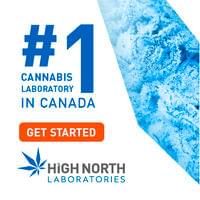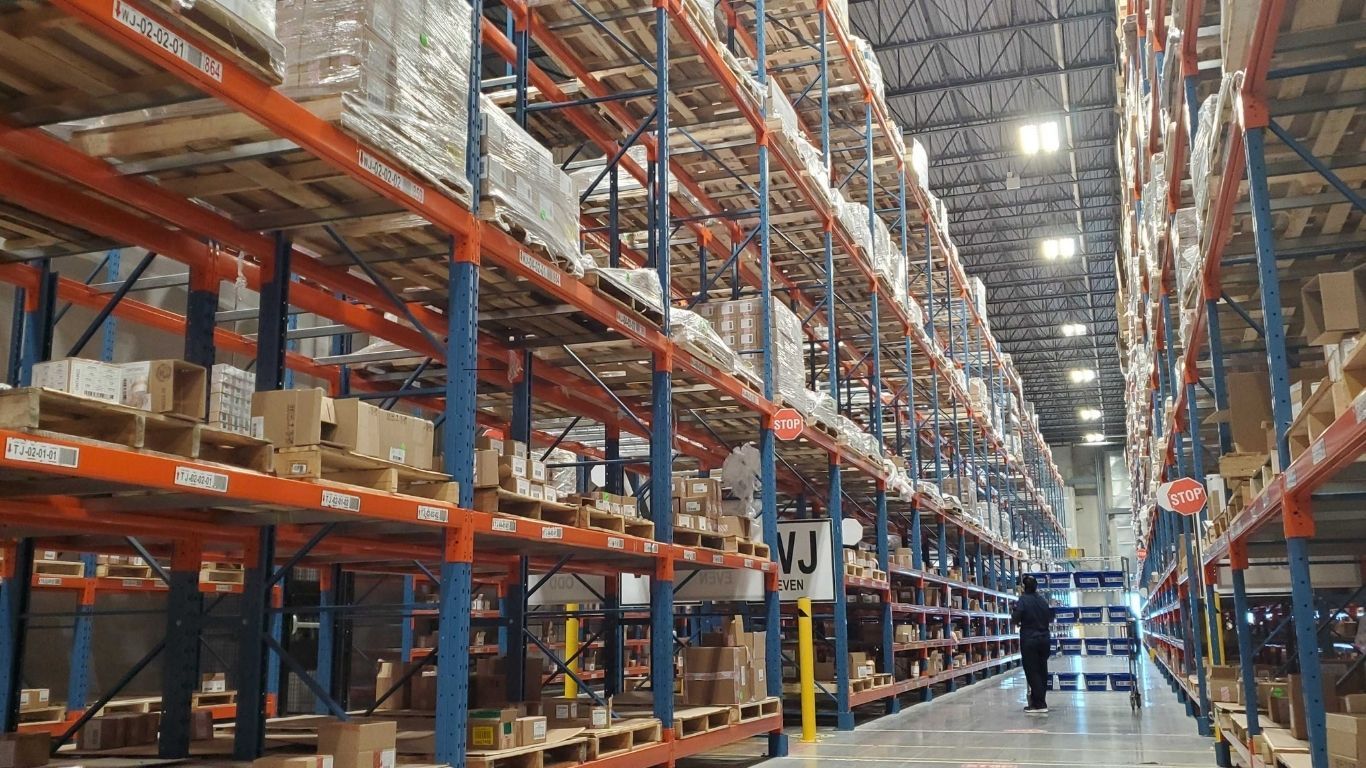
Health Canada increased the number of inspections it conducted in the most recent fiscal year compared to the year prior, especially of personal and designated medical cannabis growers.
According to the newest annual report covering April 1, 2022, to March 31, 2023, Health Canada’s regulatory branch conducted 662 inspection activities of regulated parties under the Cannabis Act and its regulations. Included were 170 registered personal and designated production of cannabis for medical purposes inspections.
This number increased from 549 inspections in 2021-2022, which included 89 inspections of personal and designated cannabis growers. In-person inspections were mostly paused from 2020-2021 due to pandemic-related closures.
The increase in inspection of those with licenses to grow cannabis for medical purposes, either for themselves or as a designated grower for others, is part of Health Canada’s efforts to reduce what it refers to as “misuse” of the medical cannabis program, while still maintaining access to the medical program for those who need it.
In addition to inspections of these personal and designated growers, Health Canada’s inspectors also conduct compliance verifications with federally licensed commercial cannabis producers. Of the 492 inspections conducted of commercial licence holders, Health Canada issued 15 non-compliant inspection reports, 163 major observations, and 358 minor observations. Sampling was conducted in five of these inspections.
Of the 15 non-compliant reports, Health Canada issued two formal warning letters, one partial licence suspension, along with product seizure and detention.
Issues that resulted in a non-compliant rating included conducting unauthorized activities with cannabis, insufficient record keeping, lack of appropriate inventory control and oversight, unsatisfactory cannabis packaging or labelling, insufficient security measures in place, and non-compliance related to good production practices (GPP).
The majority of inspections (286) were regularly scheduled inspections. Another 115 were compliance verifications, 31 were concerning sales, and 18 were targeted inspections. There were also 42 inspections related to industrial hemp licence holders.
A regular inspection is conducted as part of Health Canada’s normal activities. A targeted inspection looks at specific issues with the licence holder, and a sales inspection relates to the sale of product a licence holder is not authorized to sell.
Of those inspections of hemp licence holders, only one instance of non-compliance was reported, relating to “insufficient record keeping and the licence holder not meeting the conditions of their industrial hemp licence.”
Compliance activities related to promotions
In addition to these types of inspections, Health Canada also takes measures to ensure cannabis licence holders are following the promotional prohibitions under the Cannabis Act.
In the most recent year, Health Canada conducted 353 compliance activities related to promotions, which led to 93 actions, either compliance or promotional emails, letters, or calls, highlighting the agency’s guidance-based approach towards compliance.
Personal and Designated Grows
The significant increase in inspections was of the personal and designated medical grows, expanding by 40 percent compared to the previous year. Of the 170 completed inspections, 78 resulted in no observations, and 92 resulted in at least one for a total of 165 observations.
The inspections resulted in Health Canada revoking or refusing 16 of these registrations, with “additional actions” currently ongoing or under consideration at the time of publication.
Most of the licence holders inspected in the past year were in Ontario or BC (115, 29), but a handful were also in Alberta (5), Manitoba (10), and Quebec (11). In the previous year, Quebec saw the majority of these kinds of inspections.
In addition to these inspections, Health Canada continues to communicate with municipalities and law enforcement and share information with provincial and territorial health professional licensing authorities (such as provincial colleges of physicians) in instances of potential abuse by medical professionals authorizing access to the medical program such as authorizing a large quantity of cannabis.
The average daily amount authorized by health care practitioners for individuals registered to access cannabis for medical purposes from federally licensed sellers in Canada is just over two grams a day. Still, some have been authorizing more than 100 grams a day. The average daily amount authorized by health care practitioners for individuals registered with Health Canada for personal or designated production was 35.5 grams per day.
According to Health Canada’s most recent figures as of March 2023, the number of individuals registered for personal and designated cultivation of cannabis for their own medical purposes decreased 6 percent from 20,448 in December 2022 to 19,076 in March 2023, mainly from BC, Ontario, and Quebec.
In 2018, there were just under 26,000 active personal/designated production registrations. That number grew to more than 47,000 by September 2021 before rapidly dropping to just over 19,000 as of March 2023.
Law Enforcement and Politics
Police in Quebec recently shared information on a string of busts they had conducted on licence holders they say are using the designation to feed into large-scale distribution and trafficking activities outside the scope of the licence.
Personal and medical authorization sites have been under increased scrutiny in the past few years from several municipalities and many Conservative MPs, especially in Ontario, where the OPP says criminal enterprises are exploiting the Health Canada medical, personal and designated cannabis production regime.
A southern Ontario county says they are the first in Canada to take steps to manage personal and designated medical grow licences through local zoning bylaws. In 2022, munis in Alberta called for limits on medical cannabis grows in residential areas.
The amount of these inspections conducted by Health Canada has been growing annually. While there were 170 inspections in the most recent year and 89 the year prior between April 1, 2019, and March 31, 2020, Health Canada conducted 82 inspections associated with 82 personal or designated registrations. In 2019, there were only nine inspections related to such registrations.













